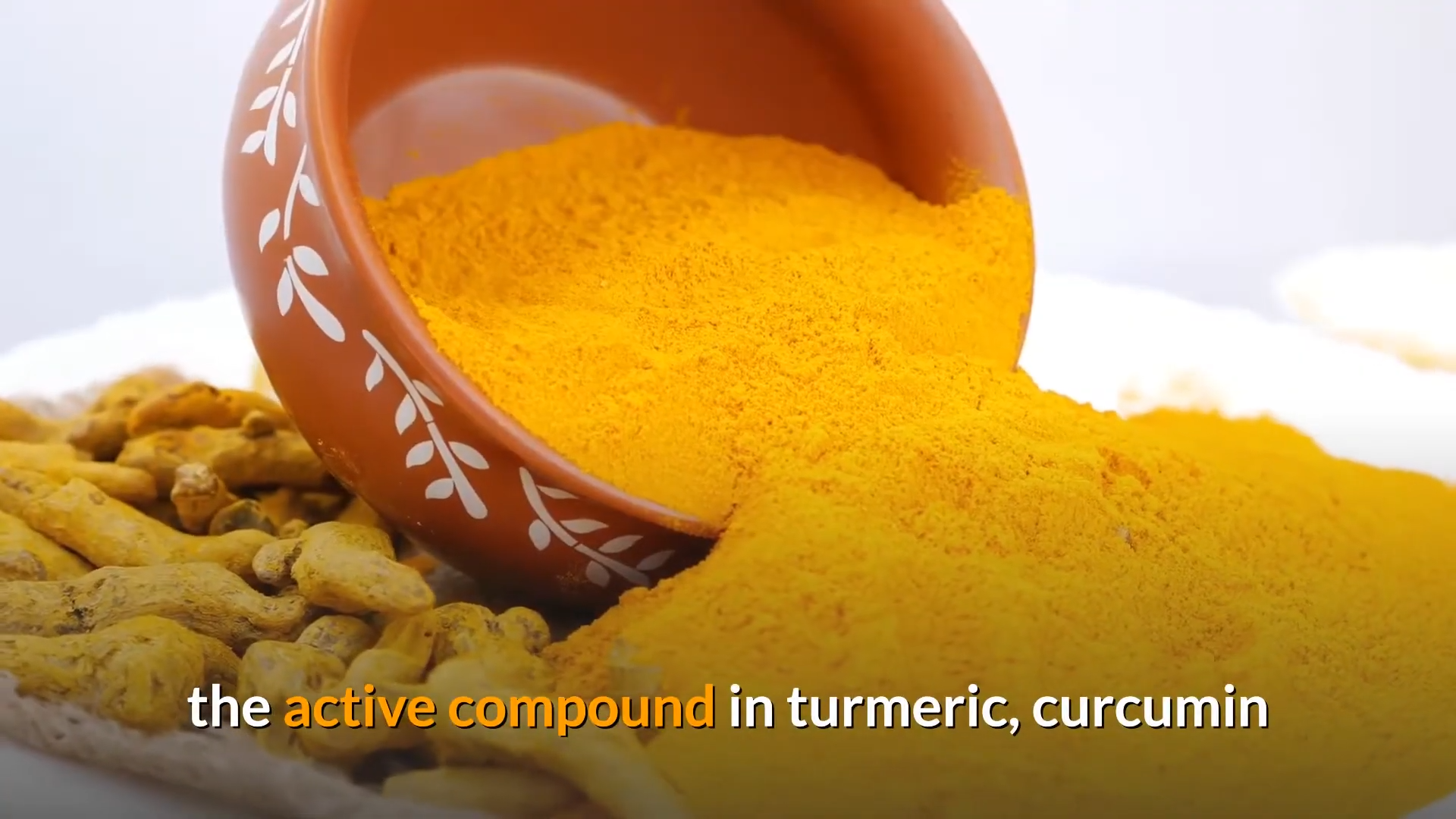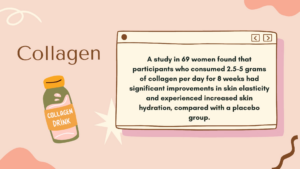Treat Acne with Turmeric, a Natural Anti-inflammatory that Soothes and Treats” discusses how turmeric can be an effective natural remedy for acne due to its anti-inflammatory and antioxidant properties. The article explains that curcumin, the active compound in turmeric, helps reduce inflammation, fight bacteria, and prevent future breakouts. It provides insights into different methods of using turmeric, such as topical masks and cleansers, as well as internal consumption through supplements and teas. Additionally, the article outlines potential side effects and necessary precautions, offering a comprehensive guide for those considering turmeric as a treatment for acne.
The Science Behind Turmeric’s Anti-Inflammatory Properties
Turmeric’s effectiveness in treating acne lies in its active compound, curcumin, which possesses strong anti-inflammatory and antioxidant properties. Curcumin helps reduce the inflammation associated with acne, thereby decreasing redness and swelling. It also neutralizes free radicals, preventing oxidative damage to the skin. Additionally, curcumin inhibits the growth of acne-causing bacteria, making it a powerful natural remedy. These properties collectively help in reducing existing acne and preventing future breakouts, promoting healthier skin.
Curcumin’s Anti-Inflammatory Effects
- Curcumin, the active compound in turmeric, possesses strong anti-inflammatory properties that help reduce the inflammation associated with acne. By decreasing redness and swelling, curcumin effectively minimizes the visible signs of acne. Its ability to inhibit inflammatory pathways makes it a powerful natural remedy for calming irritated skin. This reduction in inflammation can lead to fewer acne lesions and a more even skin tone, promoting overall skin health and appearance.
Antioxidant Protection
- Turmeric’s curcumin also provides significant antioxidant protection, neutralizing free radicals that cause oxidative damage to the skin. This antioxidant activity helps prevent the breakdown of skin cells and supports skin repair processes. By protecting the skin from environmental stressors and reducing oxidative stress, curcumin aids in maintaining a healthy, clear complexion. Its ability to combat free radicals makes it an essential component in the prevention and treatment of acne.
Antibacterial Properties
- In addition to its anti-inflammatory and antioxidant effects, curcumin has potent antibacterial properties. It can inhibit the growth of acne-causing bacteria, reducing the risk of infections that lead to acne breakouts. By targeting these bacteria, curcumin helps prevent new pimples from forming while also treating existing ones. This antibacterial action, combined with its other properties, makes turmeric a comprehensive natural remedy for achieving and maintaining clear, healthy skin.
Topical Applications: Masks and Cleansers
Using turmeric topically can directly target acne-affected areas. Turmeric masks and cleansers can be made by mixing turmeric powder with other soothing ingredients like honey, yogurt, or aloe vera. When applied to the skin, these mixtures help reduce inflammation, fight bacteria, and soothe irritated skin. Regular use of turmeric-based topical treatments can result in clearer, more radiant skin. It’s essential to test these mixtures on a small skin area first to ensure there’s no allergic reaction.
DIY Turmeric Face Masks
Creating a DIY turmeric face mask is simple and effective for targeting acne. Mixing turmeric powder with honey, yogurt, or aloe vera can create a soothing and antibacterial mask. Honey provides additional antibacterial properties, while yogurt offers gentle exfoliation and hydration. Aloe vera adds a cooling effect that calms irritated skin. Apply the mixture to clean skin, leave it on for 10-15 minutes, then rinse off with warm water. Regular use can result in reduced inflammation and clearer skin.
Turmeric Cleansers for Daily Use
Turmeric can be incorporated into daily cleansers for continuous acne prevention and treatment. Mix turmeric powder with a gentle facial cleanser to boost its anti-inflammatory and antibacterial effects. This combination helps to cleanse the skin while simultaneously treating acne. Using a turmeric-infused cleanser daily can help maintain a clear complexion by preventing breakouts and soothing existing pimples. Be sure to rinse thoroughly to avoid any yellow staining on the skin.
Spot Treatments for Acne Breakouts
For targeted acne treatment, turmeric can be used as a spot treatment. Create a paste by mixing turmeric powder with a small amount of water or aloe vera gel. Apply the paste directly onto acne spots and leave it on for 10-15 minutes before rinsing off. This concentrated application helps reduce inflammation and kill bacteria in specific areas. Spot treatments with turmeric can accelerate the healing process of individual pimples and minimize the appearance of acne scars.
Internal Consumption: Supplements and Teas
Incorporating turmeric into your diet can also help combat acne from within. Turmeric supplements and teas are popular methods of internal consumption. These forms of turmeric can enhance the body’s overall anti-inflammatory response and improve skin health over time. Drinking turmeric tea or taking supplements can help reduce systemic inflammation, which can, in turn, decrease acne flare-ups. However, it’s crucial to consult with a healthcare professional before starting any new supplement regimen to ensure it’s safe and appropriate for your individual health needs.
Conclusion: Harnessing Turmeric for Effective Acne Treatment
Turmeric, with its potent anti-inflammatory and antioxidant properties, offers an effective natural remedy for acne. Curcumin, the active compound in turmeric, helps reduce inflammation, fight bacteria, and prevent future breakouts. This versatile spice can be used topically in masks and cleansers to target acne directly or consumed internally through supplements and teas to combat acne from within. Regular use of turmeric can result in clearer, healthier skin. However, it is essential to consider potential side effects and consult with a healthcare professional before incorporating turmeric into your acne treatment regimen to ensure safety and efficacy.








